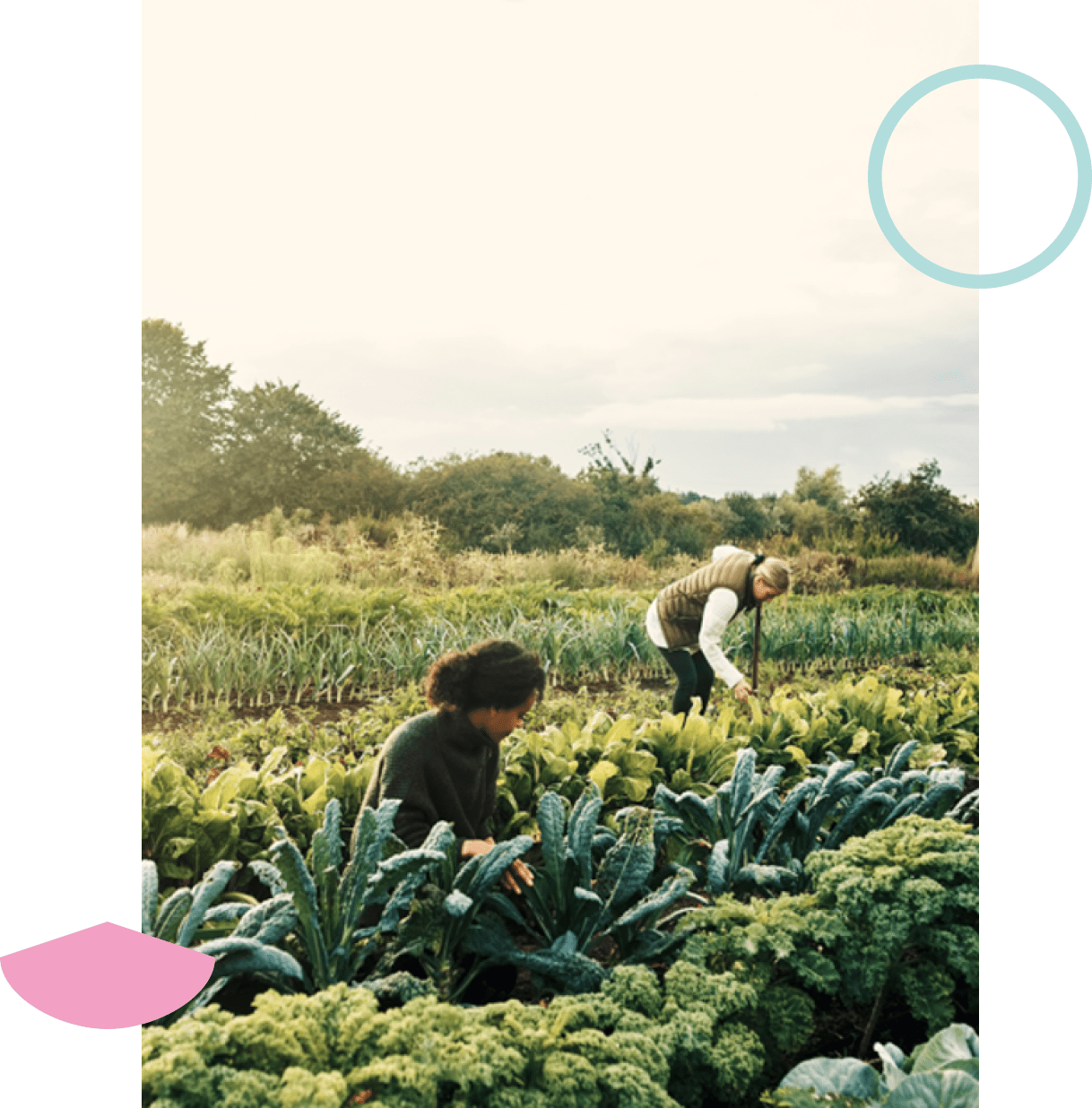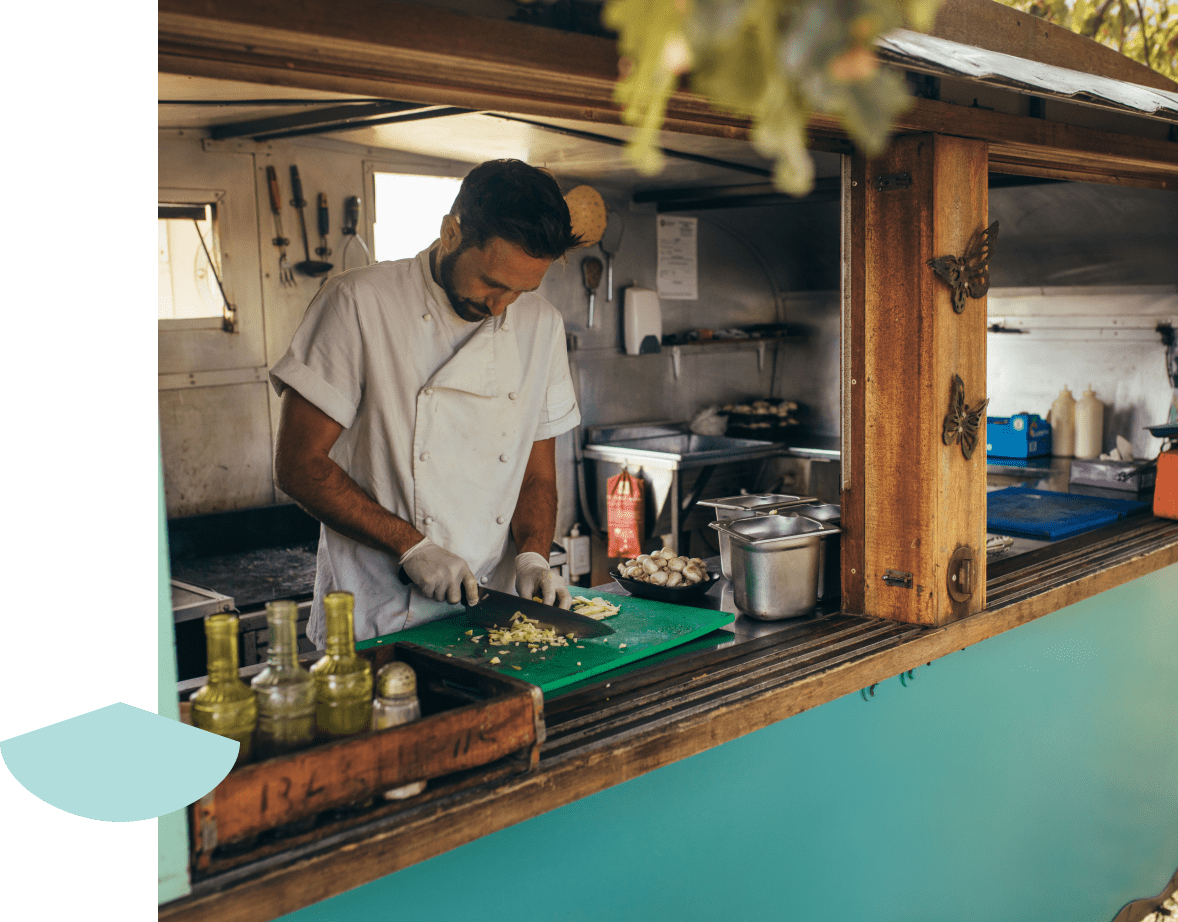The food industry is a complex, global collective of diverse businesses that supply our food in the context of great environmental challenge. The COVID-19 pandemic has highlighted the frailties of the food sector & its supply chain. It also has upended local, national & global food systems & put the Sustainable Development Goals (SDGs) further out of reach. The world’s growing food demand & the need for ethical and sustainable practices have become a challenge that the EU & the UN are encouraging us all to tackle. The European Green Deal & the SDGs are setting the framework for this challenge.


Covid-19 has caused food consumers to reflect on their previous choices/patterns and instigated them to realign their needs/wants with ethical and health factors. Healthfulness has now become the biggest motivator for consumers compared with research carried out a decade ago. Ethical food production & sustainable sourcing are other high-ranking factors. Therefore the opportunity has been created to repurpose food entrepreneurship training to specialise in healthy foods and resilient, sustainable production. Current food entrepreneurship training in our partner countries is generic and has failed to keep pace with post-pandemic influences. The time is right for EFE. Ethical food production includes consideration of people (the consumer & employees), the environment (centred on environmental sustainability) & animals (mainly concerned with animal rights & welfare).